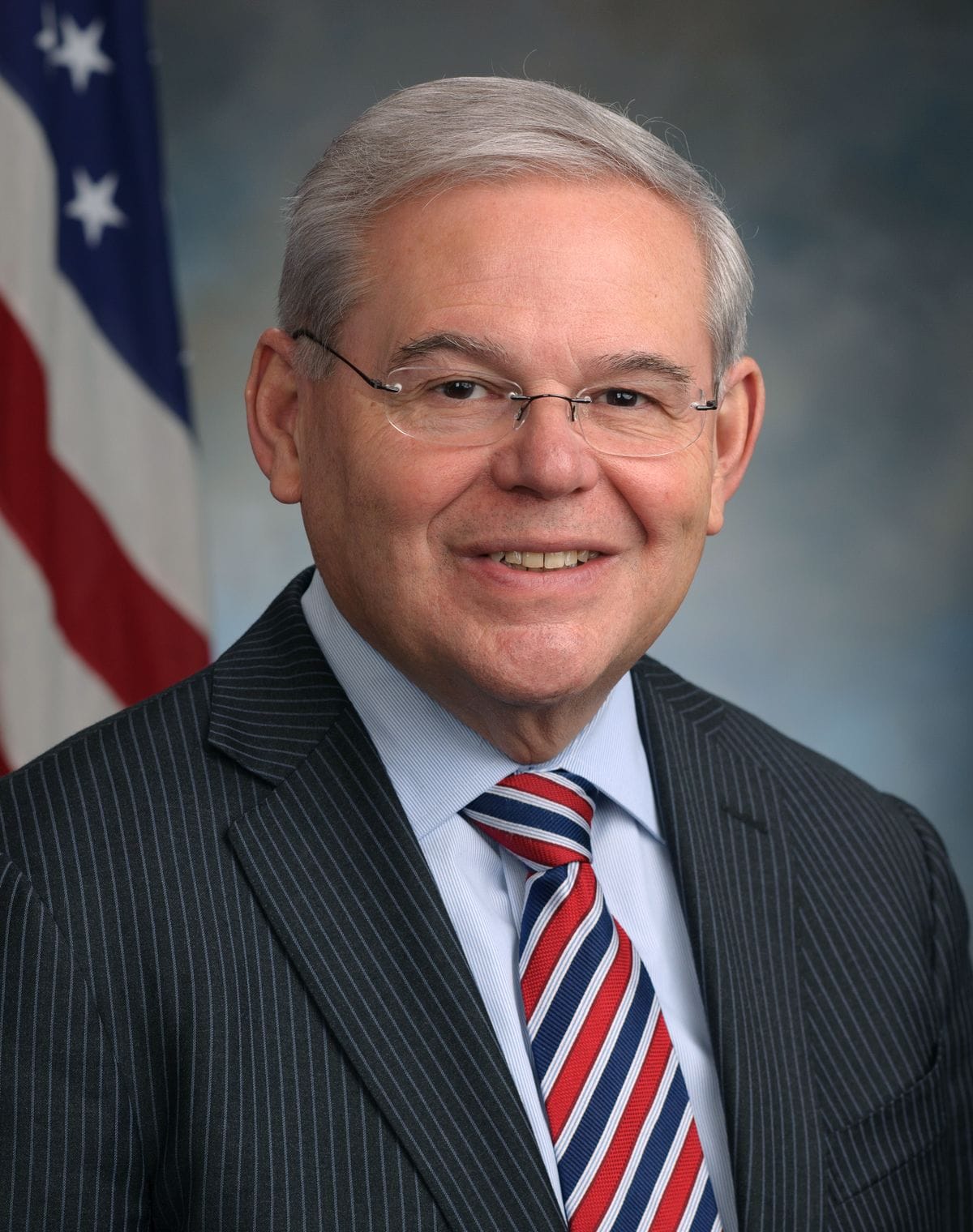Former New Jersey Senator Robert Menendez has been sentenced to 11 years in prison after being found guilty on multiple charges related to bribery and corruption. The sentencing, which occurred on Wednesday, marks a significant development in a case that has captured national attention and raised questions about ethical conduct within the political sphere. The Justice Department’s investigation into Menendez and his alleged activities revealed a complex web of illicit dealings involving individuals seeking to gain favor and influence through financial incentives. The charges stemmed from accusations that Menendez accepted hundreds of thousands of dollars in bribes, along with gold bars, a luxury vehicle, and other forms of compensation. These payments were reportedly made in exchange for the senator’s political influence and his assistance in various matters, including the facilitation of business deals and the intercession in government proceedings. The prosecution argued that Menendez’s actions constituted a serious breach of public trust, underscoring the corrupting effect of personal gain on political decision-making. The case against Menendez featured extensive evidence, including bank records, emails, and witness testimonies, that detailed the alleged transactions and the specific actions taken by Menendez in response to the bribes. The evidence presented was intended to demonstrate that the relationship between the former senator and his benefactors was explicitly quid pro quo, meaning that the exchange of payments and services was clear. The 11-year prison sentence given to Menendez is toward the higher end of the spectrum for similar crimes, demonstrating the seriousness with which the court viewed his actions. In addition to the prison term, Menendez may face other penalties, such as fines and potential forfeitures. The case has provoked a widespread debate about the nature of political influence, the vulnerability of public officials to corruption, and the mechanisms needed to strengthen oversight and accountability in the government. Throughout the legal proceedings, Menendez and his legal team maintained that the evidence was misrepresented and that the accusations were unfounded. They argued that the prosecution was motivated by political bias and that Menendez was wrongly targeted. The former senator also cited his long record of public service as evidence of his integrity, stating that the charges against him did not accurately reflect his career or his intentions. However, the jury ultimately found Menendez guilty on the majority of charges, leading to the sentencing announced this week. The case has also led to wider discussions about campaign finance reform, the role of money in politics, and the need to prevent similar abuses of power in the future. Many commentators have noted that the case serves as a reminder of the constant need for transparency and accountability in government. The sentencing of a former high-ranking official such as Menendez serves as a message that no individual is above the law, and that corruption within the political sphere will be pursued. The implications of this sentencing reach beyond the specifics of this case, as it calls attention to broader concerns about ethics in government and the measures necessary to maintain public trust. The trial and subsequent sentencing have undoubtedly impacted New Jersey’s political landscape and will continue to fuel debate over the roles and responsibilities of public officials. It is expected that this case may contribute to the conversation about strengthening ethics laws at both the state and federal levels to prevent future corrupt acts. The long-term effects of this case will likely include increased scrutiny of elected officials and greater emphasis on ethical standards in political life. Menendez’s sentencing has closed a significant chapter in this legal battle, but the broader conversation about political accountability remains essential.
Former Senator Menendez Receives 11-Year Sentence in Corruption Case



